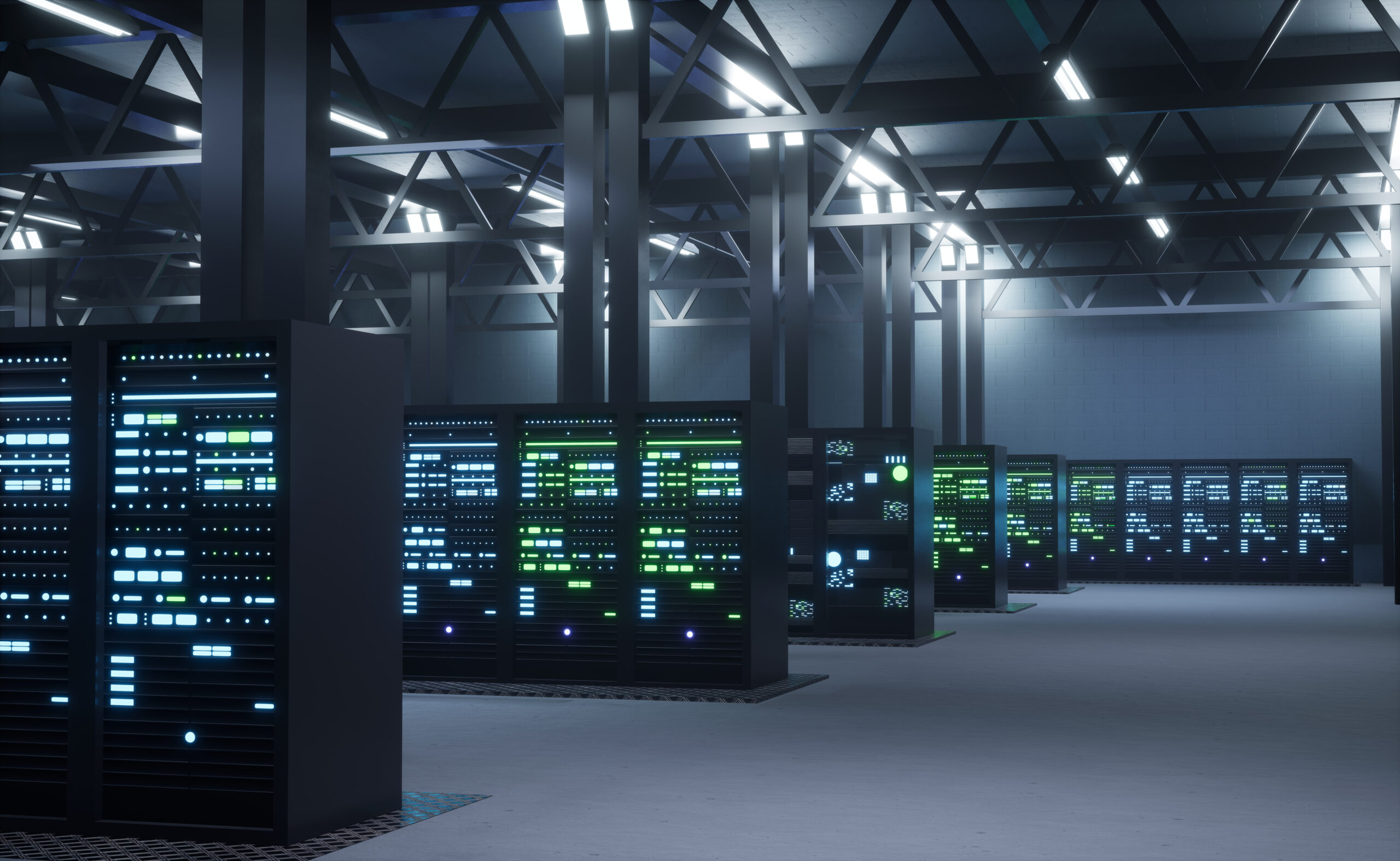
As the demand for sustainable digital infrastructure intensifies, green data centers in Maharashtra are fast becoming the blueprint for India’s future. With an ambitious policy framework, massive investments, and strong political will, Maharashtra is not only supporting India’s data-driven economy but also keeping a firm eye on environmental responsibility.
Maharashtra: India’s Digital Powerhouse
Maharashtra has emerged as the digital nerve center of India, home to nearly 60% of the nation’s data centers, with Mumbai alone accounting for 54.9% of the national capacity. From a current capacity of 500 MW, the state is on track to reach 800 MW by 2028, reinforcing its status as the country’s digital backbone.
This dominance isn’t just about numbers; it’s about readiness. With its robust infrastructure and a deep talent pool, Maharashtra has created a reliable foundation for green data center development, appealing to both global tech investors and hyperscale operators.
A Vision Backed by Policy
Maharashtra became the first Indian state to roll out a dedicated policy for Green Integrated Data Centre Parks, outlining a plan to develop 1.5 GW of IT capacity across multiple sustainable campuses.
The state’s updated IT/ITES Policy (2023) offers added incentives, especially for land acquisition and infrastructure development, making it easier for operators to build and scale green facilities. A testament to this policy’s impact, the state secured $20 billion in signed MoUs at the World Economic Forum in Davos, signaling confidence from global tech leaders.
These parks aren’t just green in branding—they’re designed to integrate sustainable practices, from efficient cooling systems to renewable energy use, setting new benchmarks for green data centers in Maharashtra.
Maharashtra’s Digital Ambition
The government has set its sights on becoming a $1 trillion economy within the next 4–5 years, with the potential to grow to $1.5 trillion if planned strategically. As the state fosters a pro-tech, pro-investment environment, its leadership also envisions Maharashtra as the future hub for artificial intelligence.
To meet the growing power demands of data infrastructure, the state plans to boost its energy capacity from 45,000 GW to 75,000 GW by 2030 and 52% of which will come from green and non-conventional sources, reinforcing its ESG-driven vision.
Economic and Environmental Impact
Maharashtra’s push for green data centers promises a dual benefit: economic growth and environmental progress. The initiative is expected to generate over 500 high-skilled jobs and 3,000 indirect opportunities, alongside contributing to India’s carbon neutrality goals for 2070.
It also ensures direct and indirect tax revenues while encouraging global players to establish a long-term presence in India’s digital landscape. With a 40% market share, the state remains the top choice for data center operators and service providers.
Building Sustainable Data Centers: What’s Being Done?
Maharashtra has introduced several policy measures to support its green data center ambition, including developing Green Integrated Data Centre Parks and amendments to its IT/ITES Policy (2023). These focus on eco-friendly building practices, energy-efficient infrastructure and prioritizing renewable energy sources for power consumption. The parks are also designed to meet global environmental standards, aiming to reduce emissions and promote sustainability from the ground up.
Managing the Energy Shift: How Will Maharashtra Power Its Digital Growth?
As the state moves from a current power capacity of 45,000 GW to a projected 75,000 GW by 2030, it aims to ensure that 52% comes from green and non-conventional sources. This includes investments in solar, wind, hydroelectric projects, grid upgrades and storage solutions. Maharashtra’s long-term plan is to decouple data center expansion from carbon-intensive energy consumption.
Facing Forward: What Challenges Lie Ahead?
While the vision is bold, the road ahead comes with challenges. Scaling renewable energy capacity at pace, ensuring grid stability and maintaining affordability for investors are key hurdles. Building skilled talent for green infrastructure management and navigating environmental clearances may also pose operational delays. However, the government’s proactive policy framework and significant investment interest indicate strong momentum.
NES Data: Aligning Infrastructure with Impact
NES Data, a next-generation colocation provider in Pune, is at the heart of this transformation. With scalable, ESG-aligned infrastructure tailored for large-scale cloud service providers and enterprises, NES Data represents Maharashtra’s new data center era. Located strategically in the heart of Maharashtra’s IT Hub, NES Data offers best-in-class connectivity, energy efficiency and future-ready power capacity, all in sync with the state’s green agenda.
Conclusion
Maharashtra’s roadmap for green data centers isn’t just about meeting digital demand—it’s about doing it responsibly. Through policy, partnerships and vision, the state is creating a future where infrastructure and sustainability go hand in hand. For global enterprises looking to expand in India, green data centers in Maharashtra offer a compelling proposition: world-class capabilities with a conscience.
